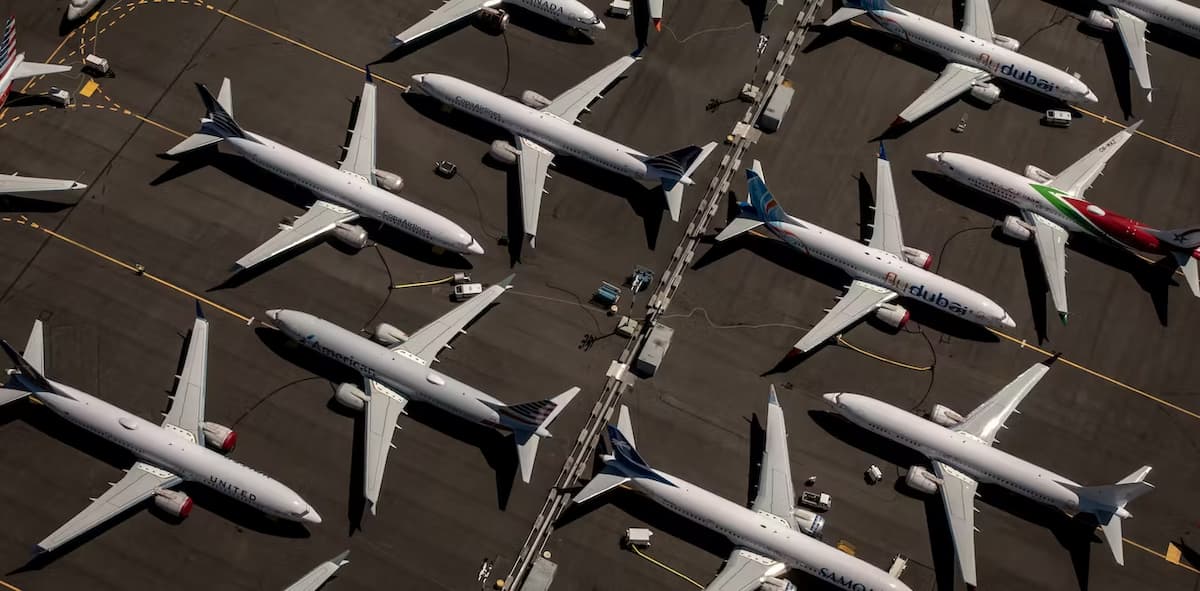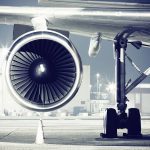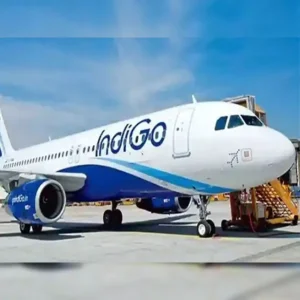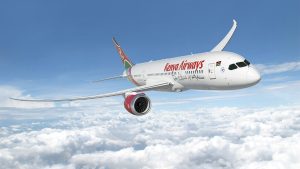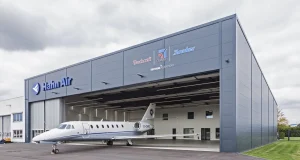The International Air Transport Association (IATA), which is the global representative body for the airline industry, has again highlighted the problem of high commercial aviation costs in Africa and urged African governments not to increase them. These costs come from higher-than-global-average fees, levies and carbon and other taxes imposed on air transport, tourism and trade, by African governments. This is not only a problem for airlines, particularly African ones, who are still recovering from the Covid pandemic, but also for the economic development of the countries that are imposing such costs.
‘[In Africa] the average airfare is already 30% higher than the industry average and the jet fuel cost is 10% to 20% higher than the global average,” pointed out IATA regional VP Africa and the Middle East Kamil Al-Awadhi, in his address to the fifty-fifth annual general meeting of the African Airlines Association (AFRAA), in Entebbe, Uganda. “Higher costs would discourage customers who are sensitive to prices, resulting in lower demand and revenue for airlines and other stakeholders in the aviation sector, such as airports, ground handlers, suppliers and air navigation services. They would also hamper economic development and limit the opportunities for job creation and income generation. High-cost leads to high price, which reduces demand and growth in a price elastic market, and ultimately affects connectivity negatively.”
He urged African governments to follow the policies of the intergovernmental International Civil Aviation Organization, on aviation charges and infrastructure. He further urged African States to consult with the industry and with airlines to create an operational environment that was fair and cost-effective and would bring the benefit of a better-connected continent.
Another major financial issue facing airlines in Africa was that of blocked funds, he cited. A number of African governments had banned the repatriation of money, accrued through ticket sales, by airlines based in other countries. In September, the global total figure for blocked airline funds was $2.36-billion; of that total, African countries were responsible for $1.68-billion.
“Aviation is capital intensive,” he pointed out. “Cash flow is key for airlines’ business sustainability – when airlines are not able to repatriate their funds, it severely impacts their operations and impacts their decisions on where to fly. But the risk of blocked funds is not just limited to airlines; the negative impact extends to the countries blocking the funds. It impacts the country’s economy and its connectivity, and it hurts investor confidence and reputation. Aviation is not only an economic enabler; it is a pillar of modern economies. Governments must prioritize aviation and find sustainable solutions in the clearing of blocked funds, and we continue to offer our support in any way we can.”
On the bright side, working together, IATA and AFRAA have had success in persuading a number of African governments to unblock airline funds, he reported. Since 2018 a “significant amount” of such funds have been released by Angola, Ethiopia, Ghana, Nigeria and Zimbabwe. The two associations are also advising governments on the best practices to clear the backlogs of blocked funds.
Source: Engineering news

